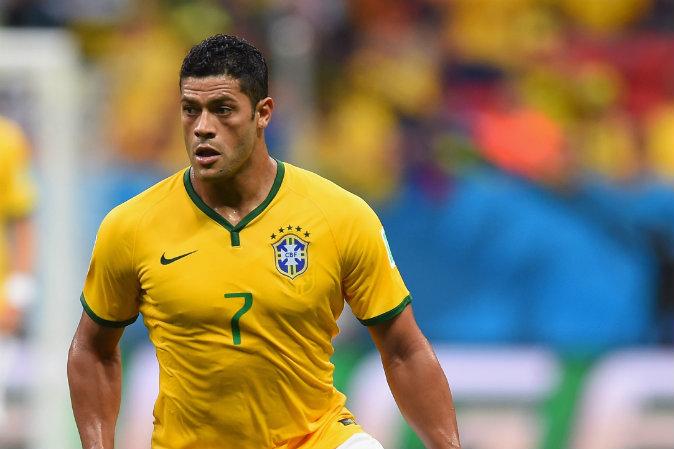News Analysis
Yes, China has the official goal of becoming a leading power in world soccer by 2050, according to a policy document issued in March 2015.
As is the case with any kind of policy directive in China, this leads to overpricing and malinvestment. Why else would Shanghai SIPG pay $61.4 million for the less-than-average Brazilian player Givanildo Vieira de Sousa, also known as Hulk? Remember his non-performance at the World Cup in Brazil 2014?
To get an idea of how large a price Shanghai SIPG paid, consider the cost of the most expensive Chinese national. Zhang Linpeng, who plays for Guangzhou Evergrande Taobao, is only worth $1.3 million, according to Germany-based soccer website Transfermarkt.com.
And why else would Chinese appliance and car manufacturers buy entire European soccer clubs? It may not be just the policy directive. This may be a win-win in terms of both politics and economics for the Chinese.






